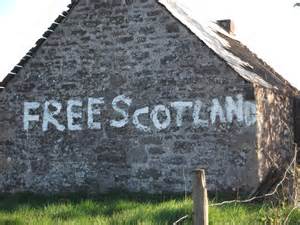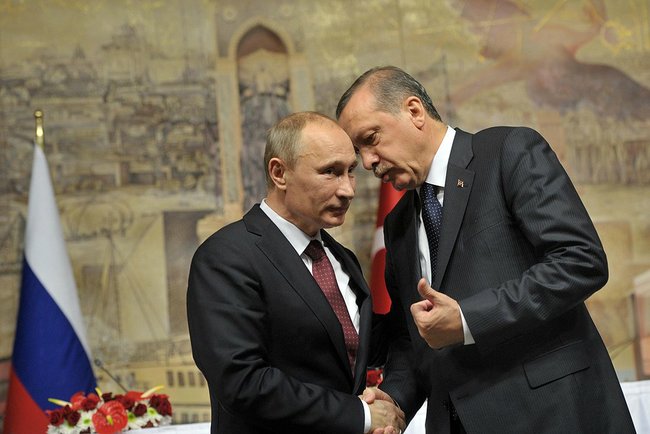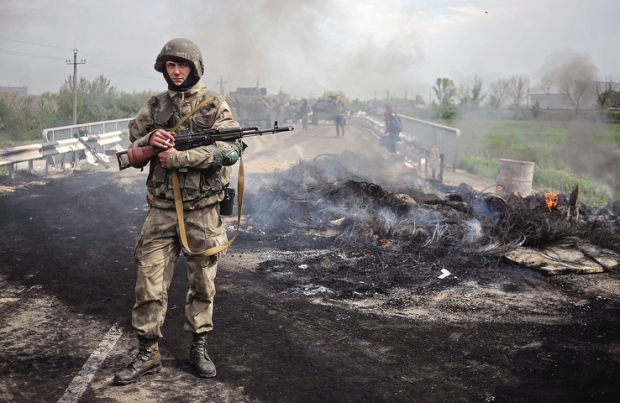Aaron Willschick looks at the upcoming referendum on Scottish independence and argues that the country should not be given any preferential treatment with regards to NATO membership.

After over four years of failure, the Scottish National Party (SNP) finally succeeded last year in its attempt to hold a referendum on Scottish independence. An agreement was signed late last year between British Prime Minister David Cameron and First Minister of Scotland Alex Salmond to hold a referendum on September 18th, 2014 regarding Scotland’s separating from the United Kingdom. Such a scenario would not only have a far reaching effect on Scottish domestic policy, but it would raise many questions about the country’s place in the European Union and NATO. Salmond recently stated that an independent Scotland would be an active NATO member, but it would be a nuclear-free state and thus would refuse to host Britain’s nuclear weapons and ballistic missile submarines that have long been based out of his country. Salmond has stated that a future sovereign Scotland could allow NATO installations on its soil, as long as they do not house nuclear weapons. NATO’s ruling council has not yet formally discussed how it would treat an independent Scotland, but the Alliance has already expressed skepticism over the scenario that Salmond has presented. A statement released by NATO said that as a new state, Scotland would have to go through the formal application procedure that any prospective new member must go through.
It is rather presumptuous of Salmond to assume that Scotland could possibly avoid the formal application process and remain in NATO as an independent nation. Once a nation or territory has declared its independence, it has thereby established separate statehood which makes it a new state on the international scene. As a new state, it may have a very different set of ideological principles than the state from which it has just seceded. This factor is an important component of why the formal application process of joining NATO is necessary and important. Salmond has reinforced this principle by voicing his and his party’s disapproval of hosting nuclear weapons. The SNP has already shown signs of an unwillingness to sign up to the whole breadth of NATO’s strategic concept so on what grounds should Scotland remain in NATO without going through the formal application procedure? The process should be no different for Scotland as it was for the former Warsaw Pact states that began to join the Alliance in 1999. They were all at the time recently independent, sovereign states that had to formally apply for membership. The difference is that Scotland is a well-established, liberal democracy which would not have far to go to fulfill NATO’s requirements for membership.
The only advantage Scotland has on its side to avoid the formal process is its favourable strategic position and the hydrocarbon reserves it has in the North Sea. These factors make Scotland a desirable member for NATO, but under no circumstances should it be enough to elude the entire process. Despite Salmond’s optimistic expectations, NATO is justified in its skepticism of the First Minister’s recent comments. If it were to become an independent country, it would be advantageous for Scotland to be in NATO, just as it has been for decades as part of the U.K. Perhaps the process could be accelerated in some way because of Scotland’s firm position as a Western democracy and familiarity with NATO, but no state should just be automatically admitted based on preferential treatment. Exceptions should not be made at the expense of the principles which have served the Atlantic Alliance now for well over a half-century. Proponents of Scottish independence claim that it would allow Edinburgh to issue better policies to improve the economy. The most prevalent criticism of the idea is that it would hurt Scotland’s businesses and compromise its security. In the lead-up to the referendum, it would be advisable for voters to look beyond domestic politics and consider how secession would affect Scotland’s international standing. If independence calls into question Scotland’s place in NATO, then Scots should think twice when the time comes to vote next September.




